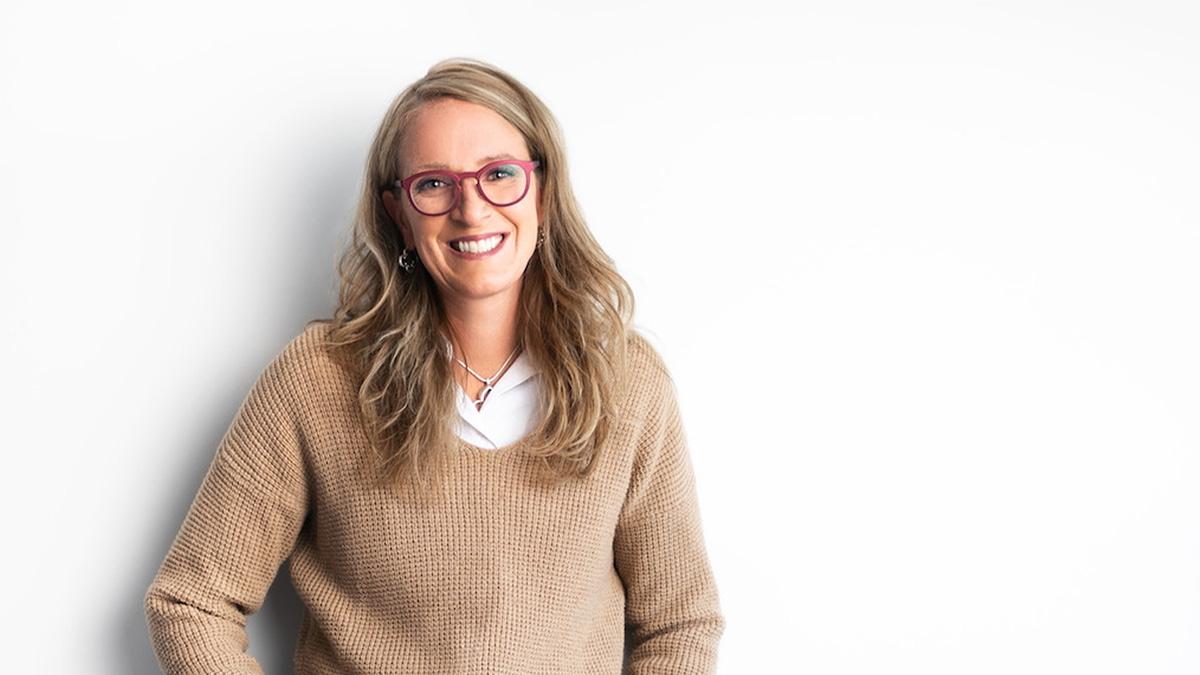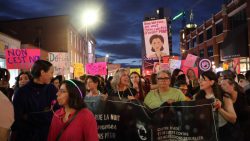A few years ago a young man named David attended a party at a basement apartment in east end Ottawa where he didn’t know a soul.
He used to live on the street and in those days he was looking for a chance to drink too much and do some drugs. But that night he endured an incident that haunts him to this day.
David says he was violently raped at that party. Capital Current is not using his name to protect his privacy.
“I was kind of out of consciousness when it happened. I think that was kind of a defence mechanism,” David said. “I was kind of coming awake as he was going in. I was not quite sure if it was real.”
When the perpetrator was done, David said, he looked at him for seconds and said: “You enjoyed it because you are gay.”
“The only time I started to realize it was real was when I reached in and felt the blood on my hand. That is when I knew it really happened.”
I only experienced it once, but at least it provides me with not only a greater ability to help people but also a greater ability to see the world.
David, a social worker and a victim of a sexual assault
David is 30 years old today. He identifies as a straight man. He works as a social worker with a charity that supports people with HIV, and he listens to people who have experienced sexual assault.
“I am able to do it because I was there. It is almost like opening a shelf, just an opportunity, to heal,” he said while emphasizing it is a heavy burden he has been carrying on for years.
“I only experienced it once, but at least it provides me with not only a greater ability to help people but also a greater ability to see the world.”
After that event, David went for treatment counseling. He said it took a long time to fix his relationship with his body, and how he viewed his identity which had left him wondering if he would ever have sex with a woman again.
In Canada, sexual assault is broadly defined as any unwanted sexual activity done by one person to another or without one person’s consent or voluntary agreement. There are three levels of sexual assault in the Criminal Code.

The World Health Organization (WHO) defines sexual violence as “any sexual act, attempt to obtain a sexual act, or other act directed against a person’s sexuality using coercion, by any person regardless of their relationship to the victim, in any setting.”
Many women have experienced such an attack, but what is less well known is the number of males who have been assaulted as well. Sexual violence takes different forms, including sexual abuse, rape, incest, sexual harassment, stalking, degrading sexual imagery and cyber harassment.
One in eight men experience some form of sexual violence, according to the government of Ontario.
Although many people would think one in eight is a lot, experts have told Capital Current that data actually underrepresents reality.
Experts say they believe it is one in four males nationwide when all of the information from academic research, therapists, sexual assault support organizations, advocacy groups and official statistics is considered. As well, only six per cent of sexual assault incidents are reported. A 2020 study conducted by the Association of Alberta Sexual Assault Services (AASAS) suggests that one in three Albertan males have experienced some kind of sexual assault, at least once in their life.
“Our study, which was a representative sample of Albertans, shows women may experience sexual violence more often than men, but it is incredibly prevalent and impactful even among men,” said Corinne Ofsite, the Co-Chief Executive Officer of the AASAS.
“The majority of those experiences for men are as children.”
The study found 24 per cent of boys under 18 in Alberta have experienced sexual abuse at least once in their lifetime. Furthermore, almost half of those who experienced sexual abuse as a child also experienced sexual assault as an adult.
The study findings are based on a a survey of 1,496 respondents. AASAS undertook a research model of the last Canadian prevalence study on child sexual abuse chaired by Robin Badgley that took place in 1984. The AASAS expanded that model to gather information on sexual assault throughout the lifespan – under the age of 18, over the age of 18, and combined the data.
“Most people never speak about their experiences of sexual violence,” said Ofsite, adding that men and boys are reluctant to disclose their experiences.
“They may be concerned about being disabled, being raped, being shamed, or being ignored because they are men and they have to protect their masculinity.”
In Northern Ontario, some 35 years ago, three year old Tom had two older siblings, an alcoholic mother, and an abused father. The youngest in the family, Tom used to think his eldest brother would protect him if bad things happened.
The trust was broken when his eldest brother started molesting him, something that lasted nine years. He became “a shattered being”, not knowing “what normality means.”
I have felt so dirty all of this time. My dad looked away, and one day he told me there is nothing wrong with homosexuality. I was just a little boy
Tom, a victim of sexual abuse
Tom would end up moving from foster home to foster home, but these places “had their own monsters too.”
“I have felt so dirty all of this time. My dad looked away, and one day he told me there is nothing wrong with homosexuality. I was just a little boy,” he added.
“It makes you question your identity, your personality and everything. I did not know if I would ever be a normal person.”
Tom said his coping mechanism was alcohol and drugs. He was homeless for more than 15 years. He tried therapy, and support centres, but nothing changed inside him.
The abusers “took something from you. It never gets back. It is the death of innocence,” he said. “Society needs to know it is prevalent.”
Dr. Kelli Palfy, an Edmonton-based therapist who works with male survivors of abuse, has studied male sexual assault experiences for years. Palfy says in Western culture men and boys do not speak about sensitive experiences if they do not hear other males speaking about it, especially sexual abuse experiences.
“When males get sexual abuse, they are willing to hide it and deny it. They want to minimize its excessive impact,” said Palfy, adding that the cultural concepts of manhood and masculinity play a significant role not only as a protective mechanism for the abused, but also in the silence of society surrounding them.
“It is a hidden epidemic. Society needs to wake up.”
In her book Men Too: Unspoken Truths About Male Sexual Abuse, Palfy found that almost half of the males who experience childhood sexual abuse acknowledged it as such while about 25 per cent of adults who were raped are willing to acknowledge it.
Of 13 specific cases, Palfy examined in her book, more than half chose silence because they felt ashamed, responsible, that they could be judged or that no one would believe them. The majority said they wanted to protect their family.
It is a hidden epidemic. Society needs to wake up.
Dr. Kelli Palfy, author and therapist
“When anything we experience that has a stigma attached to it, it makes you almost feel like a lesser person. It brings a feeling of shame or embarrassment,” said Sandy Jung, a professor in the Department of Psychology and the Associate Dean, Research at MacEwan University.
“Why me? Why me and not this other person? Why was it? what could I have done differently? These are inevitable questions because of the trauma, and the trauma itself is going to shape the lens of how they view the world.”
David and Tom told Capital Current they do not describe themselves as victims. They just want to live normal lives without being judged. They also want no one to endure what they have.
“What would anyone call the willful blindness of society?” said David
A board member with the organization MaleSurvivor, Nathan LaChine says he believes young people should have mandatory sexual prevention and protection training in school. He also encourages workshops for parents to understand what they are dealing with and what should be done when something happens.
I am tired of carrying it all of these years. You just became fragments. I know. I am there. Do not give up! Do not give up!
Tom
MaleSurvivor is a nonprofit organization founded in 1995 by and for survivors. It is the largest international organization for males who experience sexual assault with a global membership of more than 15,000 in more than 200 countries.
“It is all about education, empowerment and harm reduction. Young people should know, especially on the Internet, how they can protect themselves and what they might encounter,” said LaChine.
“I have dealt with cases of trafficking survivors who did not even know what trafficking means, even though they were victims of trafficking and sexual assault.”
LaChine added that men should not feel alone, and should believe it is not their fault and they can heal.
Tom agrees. “I am tired of carrying it all of these years,” he said. “You just became fragments. I know. I am there. Do not give up! Do not give up!”




